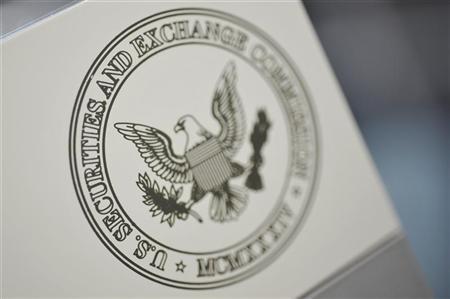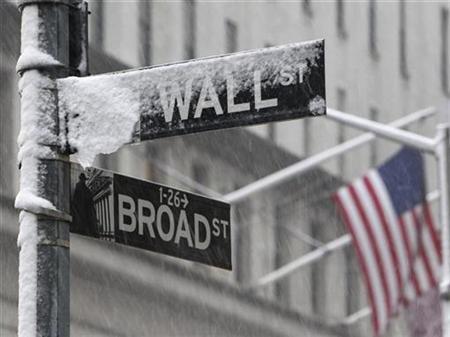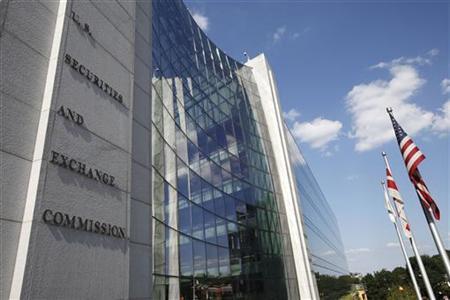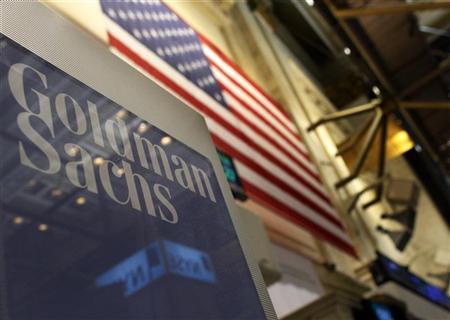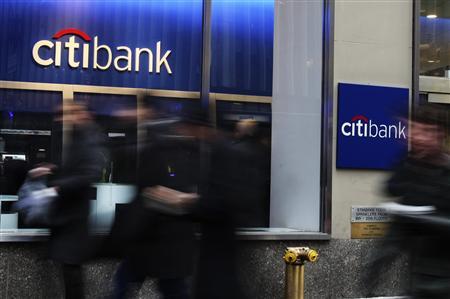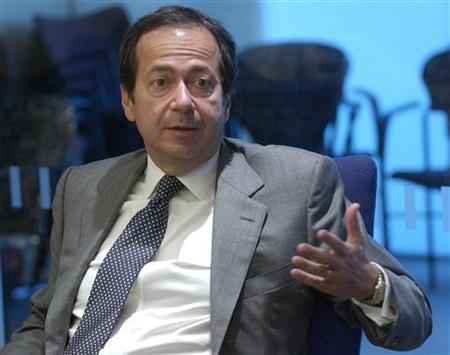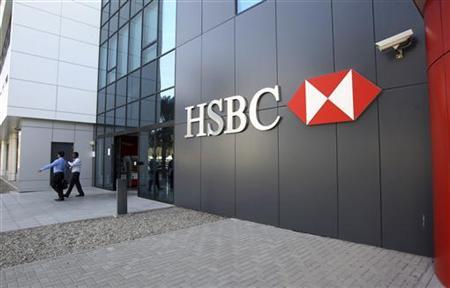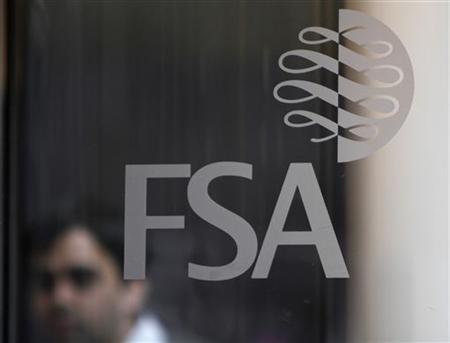 | « Back to article | Print this article |
India must learn from US, UK regulators' mistakes
It is difficult for regulators to prove culpability when financial sector laws are circumvented or broken. The evidence is difficult to track, since dodgy transactions can be routed via several intermediaries and offshore centres.
Consequently, regulators agree to out-of-court settlements. For example, the Securities and Exchange Commission in the US has settled violations of laws and regulations governing capital markets by imposing settlement penalties since 1972.
Yet a review of the instances of infringements of securities laws in the US and the UK should cause reflection as to whether settlements are driven essentially by the need for compromise, or occasionally also involve collusion.
Click NEXT to read more...
India must learn from US, UK regulators' mistakes
The SEC has an established record of imposing fines on firms without the latter accepting guilt.
The obvious question: if the accused companies do not accept guilt, why do they pay up? Banks and market counterparties argue that it is to avoid protracted and expensive litigation.
For regulators the logic is that it is difficult to prove guilt beyond doubt in a court of law, since skullduggery in the financial sector often consists of staying close to the letter of the law while breaking it in spirit. Hence, making errant firms pay up should be sufficient disincentive against future transgressions.
Click NEXT to read more...
India must learn from US, UK regulators' mistakes
It could also be that the SEC and the accused seek to avoid reputational risk from adverse judgements.
The following are a few random yet illustrative examples of SEC settlements in the last 10 years. In the wake of the dotcom bust in 2002, there were a number of SEC actions against investment banks.
In January 2005, the SEC settled with Morgan Stanley and Goldman Sachs for their irregular practices in IPO allocation dating back to 1999-2000. The fines imposed were $40 million each on Morgan Stanley and Goldman Sachs.
Click NEXT to read more...
India must learn from US, UK regulators' mistakes
The SEC's contention was that these investment banks had induced investors to raise their bid prices for purchase of shares in the "after-market" - that is, immediately after the IPO to increase the probability of their receiving higher initial allocations.
Recall, at the height of the Internet stock market boom, there was frenzied investor interest in maximising their allocation of IPO shares so as to cash out soon after an issue was launched. Typically, SEC fines are less than $100 million.
However, at times settlement amounts are higher, as was the case in the SEC's agreement with Citibank in October 2011.
Click NEXT to read more...
India must learn from US, UK regulators' mistakes
Citibank was accused of causing investors to lose $700 million by misleading them about mortgage-backed securities and was fined $285 million.
According to the SEC, Citibank earned $160 million. On November 28, 2011, Jed Rakoff, a Manhattan district judge, rejected this settlement stating that the case "touches on the transparency of financial markets whose gyrations have so depressed the economy" and that the proposed penalty is "neither fair ... nor in the public interest".
According to media analysts who are convinced that financial sector regulators have been subverted, Judge Rakoff's ruling is a welcome development, since it could lead to some change in the business-as-usual mindset of Wall Street.
Click NEXT to read more...
India must learn from US, UK regulators' mistakes
Earlier, in July 2010, the SEC had concluded its largest-ever settlement, amounting to $550 million, which was with Goldman Sachs.
The allegation was that Goldman had structured collaterised securities based on subprime mortgages for sale to a German bank. At the same time, Goldman was in conversation with a hedge fund owned by John Paulson (Paulson is an ex-Goldman employee) which short-sold the very same securities.
The SEC has retained the right to reopen the case if there is fresh evidence. More recently, on October 31, 2011, MF Global, a New York-based broker-dealer, filed for Chapter 11 protection in a New York bankruptcy court.
Click NEXT to read more...
India must learn from US, UK regulators' mistakes
The trigger was losses resulting from MF Global's preposterously large exposure of over $6 billion to euro zone government securities.
Additionally, the "disappearance" of $1.2 billion client money because it was mixed up with MF Global's proprietary funds reinforces the sentiment that the SEC's punitive actions to date have not instilled an adequate sense of probity on Wall Street. In the UK, in 2011, the Financial Services Authority imposed settlement penalties amounting to 66 million pounds.
These fines were levied on institutions such as HSBC, Barclays and the Royal Bank of Scotland for "mistreatment" of retail investors, and on wealth management firms for not segregating client funds from company money.
Click NEXT to read more...
India must learn from US, UK regulators' mistakes
It is striking that, in the financial sector globally, established firms reach out-of-court settlements with regulatory authorities with unfailing periodicity. In defence of the SEC and the FSA, they may have resorted to out-of-court settlements because in their experience convictions are difficult if not impossible to achieve.
It is likely that firms accused of wrongdoing would fight to the bitter end rather than accept guilt, since shareholders could then seek unlimited damages. Further, regulators probably do not have adequate numbers of qualified staff to pursue cases against banks and capital market intermediaries - and the latter have deeper pockets.
Click NEXT to read more...
India must learn from US, UK regulators' mistakes
On balance, is Judge Rakoff's ruling a case of judicial overreach reflecting a widespread feeling that banks get off too lightly despite repeated instances of wrongdoing? On the other hand, have out-of-court settlements served as an effective deterrent?
The evidence seems to indicate that settlements are viewed by capital market participants as a cost of doing business. This is particularly relevant when the upside is so much more than the tap on the wrist fines which are levied.
In India, the Securities and Exchange Board of India introduced the "consent order" mechanism in 2007; it is believed to be modelled on the SEC's practice of out-of-court settlements.
Click NEXT to read more...
India must learn from US, UK regulators' mistakes
According to press reports, public interest litigation is currently pending against all Sebi consent orders, and the Delhi High Court is to hear the case on January 31, 2012.
It will be instructive to follow how the Indian justice system views Sebi's consent orders since it would set an important precedent. In the interim, it would clarify matters if Sebi were to explain more fully the logic and circumstances that justify each of its consent orders, and the amounts of the corresponding penalties.
It is important for us to chalk out our own procedures and practices with regard to violations of financial sector laws and regulations. The developed West's regulators have not acquitted themselves too well with egregious wrongdoing, persisting even after the stock market meltdowns of 2002 and 2008.
The writer is India's Ambassador to the European Union, Belgium and Luxembourg.
